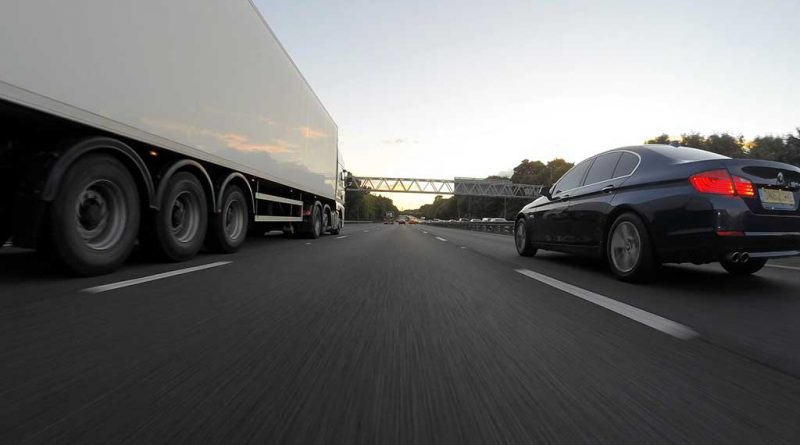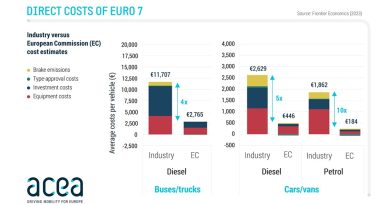Road Safety package – The European Commission recommends rules updating
At a press conference in Brussels (March 1st), the EU Commissioner responsible for transport, Adina Valean, explained the details of the new Road Safety package, adopted by the College. The new rules will improve the safety of road users and help to achieve the EU goal that there will be no deaths on the roads of the European Union by 2050.
The speech of Commissioner Varleanu is published on the official website of the European Commission.
“Many of you probably have a driver’s licence, just like this, in your wallet, and you are ready to show it if you are stopped when driving. Provided you have it with you.
However, one of the directives adopted today will make this small piece of plastic history; we want the EU to switch to a digital driver’s licence that works across borders within the European Union. In the not-so-distant future, your driver’s licence will be on your phone or any other digital device – although you will be able to request a physical version if you prefer. Especially for younger generations, the digital licence is a question of personal convenience. But our directive will also simplify and lighten the administrative burden involved in processing a physical licence.
Through the initiatives adopted today, we also want to update what drivers must do to obtain a licence. We are proposing that driving tests focus more on risk factors and hazard perception, for example, linked to other road users and new forms of mobility.
I hope your younger viewers, readers, and listeners will be pleased with our proposal to drop the minimum age for taking a driving test, and for accompanied driving, to 17. A probation period of at least two years and a zero-tolerance rule on drink-driving would follow.
We also want to lower the age to 17 for accompanied driving for category C licences for lorries, hoping to make the sector more attractive to young people. As I’m sure you know, we are facing a shortage of professional drivers.
Experienced drivers will be encouraged to adapt their driving skills to advanced vehicle technologies and to drive in a way that minimises emissions, for example, by reducing speed and changing gears earlier.
Our package contains proposals to strengthen enforcement and reduce impunity for safety-related road traffic offences. Currently, more than 40% of offences known to be committed by someone who lives in a different country to the one where they committed the offence are closed without penalties being paid. This is either because the offender could not be identified, or because the payment was not enforced. Today’s proposal tackles that by improving cross-border cooperation. Those who drive dangerously must not be able to get away with it.
This extends to the disqualification of driving licences – our third proposal. If somebody drives so dangerously that an EU Member State deems it appropriate to remove their driving licence, that person should not be allowed to drive in any other EU country. This is a no-brainer in terms of road safety. But today, a disqualification cannot be enforced across the EU if the offence is committed in a different EU country to the one that issued the driving licence,” Varleanu stated.
The proposals now go to the European Parliament and the Council.






